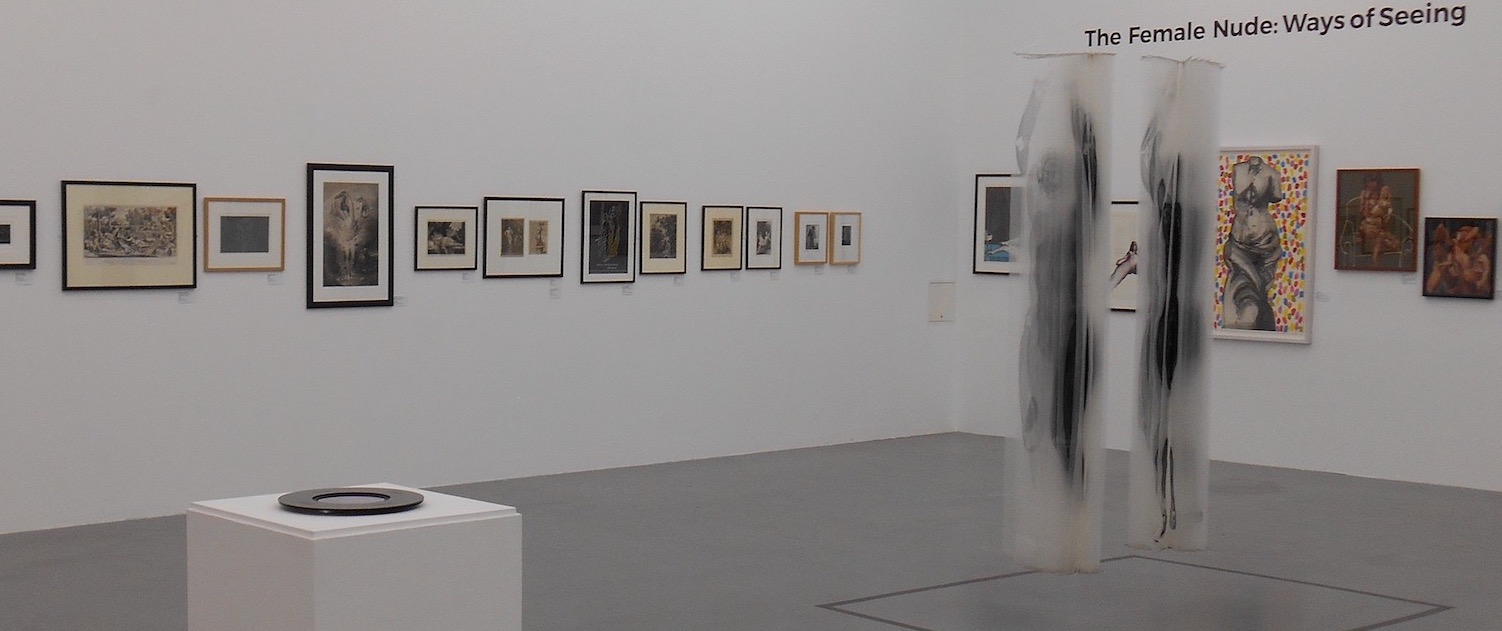‘Peaks and Troughs: Dysepiphany, antiphany, and melancholy’ has just been published in the Journal of Value Inquiry

In her new book, Epiphanies: An Ethics of Experience, Sophie Grace Chappell defines an epiphany as an (1) overwhelming (2) existentially significant manifestation of (3) value, (4) often sudden and surprising, (5) which feeds the psyche, (6) which feels like it “comes from outside” – it is something given, relative to which I am a passive perceiver – which (7) teaches us something new, which (8) “takes us out of ourselves”, and which (9) demands a response.
However, it should be noted that the book is not just about epiphanies. As Chappell rightly points out, ‘if epiphanies are the peaks in our experience, then by definition, to study them must also be to study the troughs’. In this brief essay, Hans Maes looks more closely at those troughs. He first discusses what Chappell refers to as a ‘dysepiphany’ or ‘negative epiphany’. In the second section, he probes Chappell’s claim that dysepiphanies sap our psychic resources and considers whether epiphanies and dysepiphanies may sometimes co-occur and even reinforce each other. In the third and final section, he tries to determine what the opposite of an epiphany might be and argues that anyone with an interest in epiphanies should also be keen to investigate any opposing processes that might be at work.
